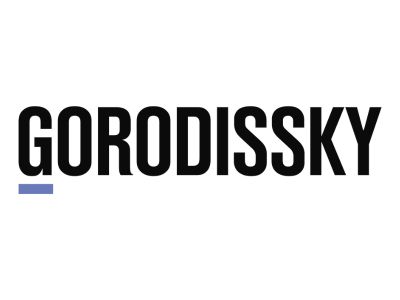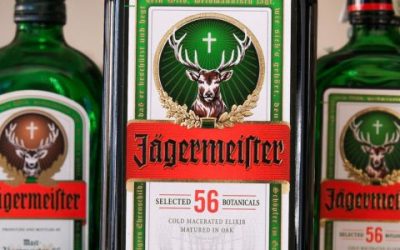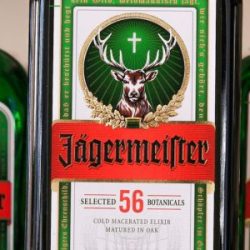Some people believe that copying a trademark and registering it is a wise marketing move. Not so. When some foreign companies left Russia, they left their intellectual property behind and valid. The patent office carefully preserves registrations of patents and trademarks and readily accepts new applications. Also, IP owners monitor their IP ownership and when a patented product or a trademark surfaces on the market, they chase the infringers. Some of the infringers try to shirk responsibility, arguing that the IP owner is a subject of an unfriendly country, however, this argument was successful only once in the beginning and later was revoked.
Where there is a case of unlawful use of, say, a trademark, the owner warns the infringer (this is a necessary step) and goes to court if the warning has no effect. Some of the IP owners are ferhoodled and denigrate this requirement saying that this only allows the infringer to hide the infringement. Standard practice however is to make a test purchase before the warning or attest an internet site by a notary so that there will be a valid case all the same.
Not all would-be infringers are aware of the unyielding stance of the courts. The number of infringement cases has grown during the last year. Infringers are still prosecuted. For instance, Minikim Holland B.V. sued infringers more than 40 times over the last year and won every time. Calvin Klein Trademark Trust sued Russian entrepreneurs about 70 times in a period of slightly more than six months. Similarly, other trademark owners keep Russian courts busy. In many cases, compensation (does not need to be proved unlike damages) is not high but the number of infringement suits brings substantial “profit” all the same.
Some companies have left the market, but their goods are still needed. Demand creates supply so counterfeiters are ready to fill the market thinking that the IP owners will not enforce their rights. This is not true, however. Those companies that value their IP indefatigably enforce their rights. Indeed, there are companies that do not care about infringement of their rights. For the most part, these are cases where the infringement occurs on a small scale, say the customs detain three or four counterfeit items, so the IP owner prefers to close his eyes to infringement. This, however, 1) creates a common impression that counterfeiting is proliferative in Russia and 2) encourages counterfeiters to expand their business.
Those IP owners who enforce their rights probably build their strategy on the assumption that the events that influenced their departure will end someday and they may wish to return and resume their activities on the market.
If an IP owner neglects to protect their IP it is possible that low-quality counterfeit goods may flood the market and, when the IP owner returns to the Russian market, the trust in the brand may be undermined.
On the other hand, in case No А63-6499/2021(Judgment dated January 1, 2023) The Supreme Court reviewed the judgments of lower courts concerning claiming compensation for infringement. Chanel and Christian Dior sought to claim compensation from an individual entrepreneur for selling counterfeit sunglasses. The Supreme Court noted that lower courts had not taken into account that the counterfeit glasses were being sold at lower prices and were intended for a different category of consumers. Thus, compensation should not be calculated on the basis of the price of the original sunglasses.
This argument is obviously borrowed from Rolex. Some years ago, when informed of the sales of Rolex watches at $100, Rolex dismissed the report and said people know what they buy for $100.
Anyway, compensation, though lower than claimed, still serves the purpose of deterring infringement.
You may also like…
Double vision and long-lost brand twins – now, what? What to do when bots start playing trademark lawyer
The sun comes up, and the internet is already working. An AI program also wakes up, stretches its digital limbs, and...
EUIPO and UANIPIO welcome the integration of Ukraine’s trademarks into TMview
The European Union Intellectual Property Office (EUIPO) and the Ukrainian National Office for Intellectual Property...
Jägermeister succeeds in opposing the EU trademark application Alten Kräuterfrau for alcoholic beverages
Mast-Jägermeister SE filed an opposition on the grounds of Article 8(1)(b) – likelihood of confusion between the signs...
Contact us to publish in the IP knowledge Hub















